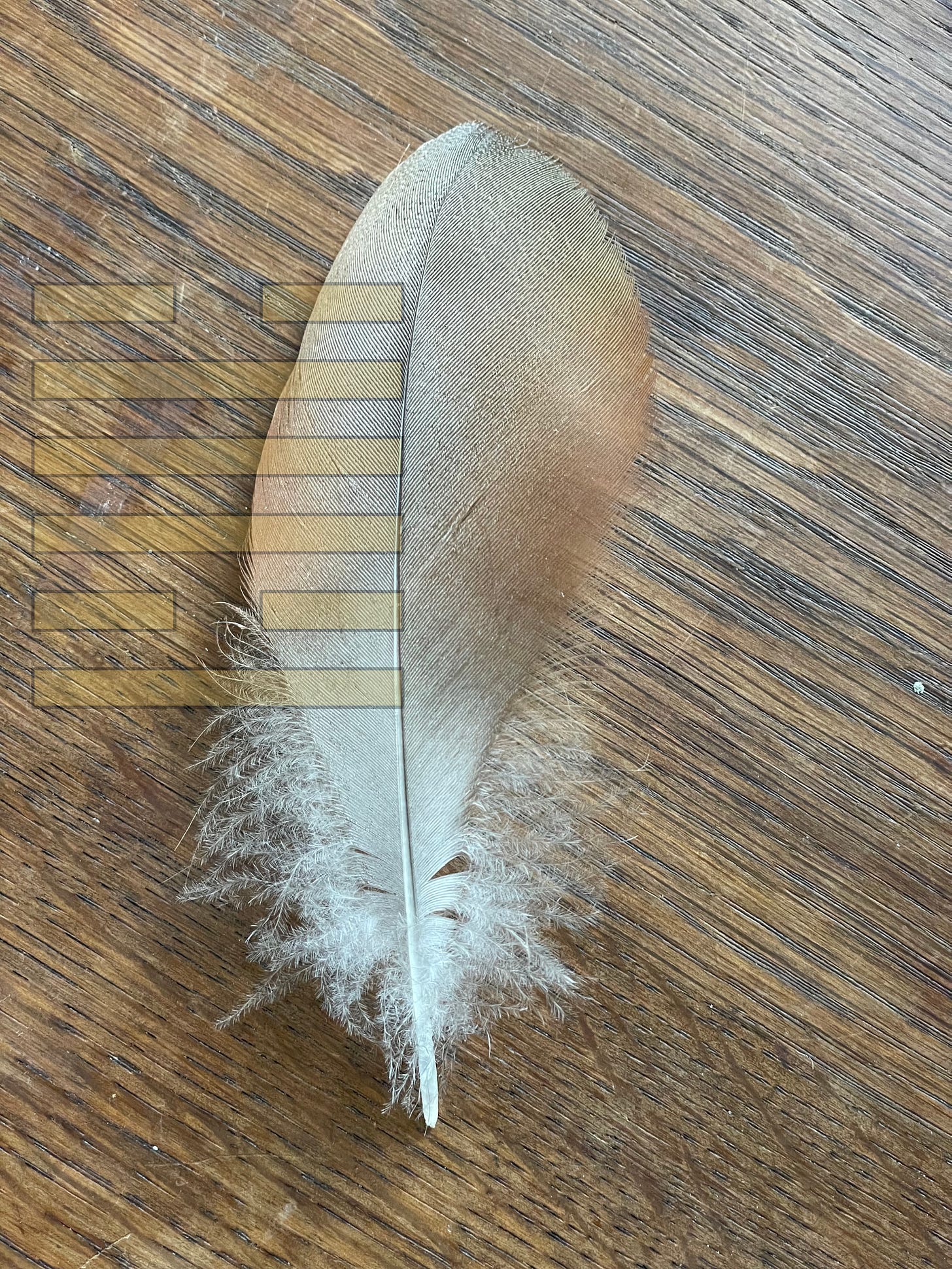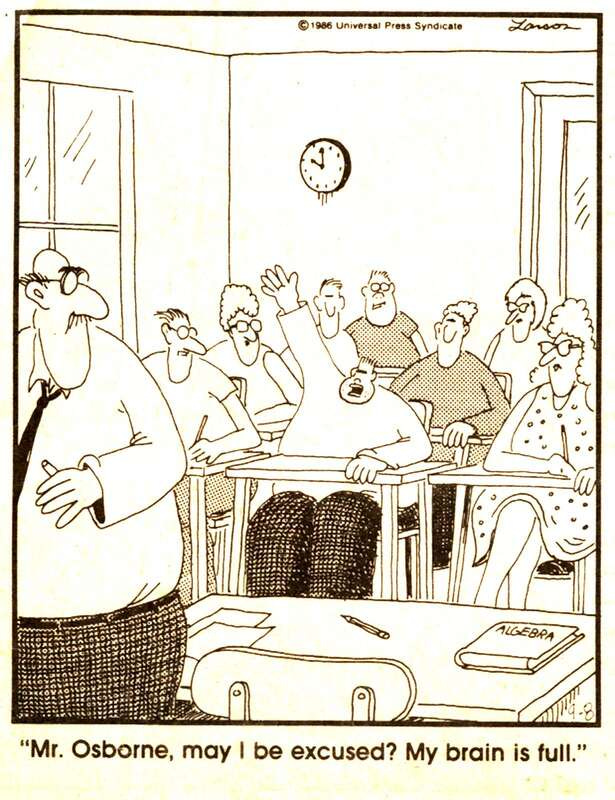The text of this post has been translated from Dutch to English with DeepL. It will be manually edited and streamlined soon
THE IMAGE of two trigrams: below is the Fire, above is the Lake. The natural movement of water is downwards, that of fire upwards. The two therefore meet in the middle. The water of the lake can extinguish the fire. And the fire can vaporise the water of the Lake. It is an image of transformation, an image of change.
Every transformation is a movement from the old to the new. New takes the place of old. But what to do when the old doesn't want to give way, is stuck, is too familiar? Learning something new is one thing, what is essential is to first unlearn something else - that which has been learnt before and which may now be in the way. Chapter 49 - Leaving the Old Behind and chapter 50 The New Embracing cannot but be read in conjunction. The new learning is un-learning.
In Richard Wilhelm's I Ching translation, chapter 49 is called Revolution or Moulting. In many other translations and commentaries, the title Revolution is used. Moulting and shedding paint a distinct picture when it comes to learning and unlearning, although in both cases it only concerns the outside of the being. Besides, you only have to wait patiently for the right season - the moulting season - and the old habit and the dysfunctional methodology that has become dysfunctional fall off you like old skins and dry feathers. The sound of Revolution gives an idea of learning as a sudden event, accompanied by a certain violence. Learning under duress is, as a rule, unsuccessful - the best kind of learning requires time and patience, and lots of sleep and dreams.
Alfred Huang's I Ching translation mentions Chapter 49 Abolishing the Old. Abolishing is done by order or decree, which also have no place in learning and unlearning. I therefore choose a middle way in naming this chapter: Leaving the Old Behind.
When does it occur that the learner is a still unwritten page, and the new is not distorted by what is already there? It is then by far best to start the study in the cradle. Neurology is ultimate receptive and old programmes are absent. It is questionable whether such a tabula rasa state can ever exist. The blank sheet of the mind invites to be drawn on, written on and scribbled on. Even without formal education, the mind is constantly exposed to innumerable desired and unwanted inputs.
How many conversations did you take part in? How much advice and prohibition did you get thrown at you? How many books, newspapers and magazines did you read? How many films and TV? Posters and advertisements? How much music, radio, podcast and commercials? How many hours of internet? Emails, tweets, maybe letters, lessons and opinions? There doesn't seem to be a single white spot left on the original paper. And where are all those impressions, experiences and bits of knowledge stored? Chances are everything has been haphazardly plopped down in a huge pile somewhere. Like the countless mobile telephone photos and clips in a heavily loaded cloud.







